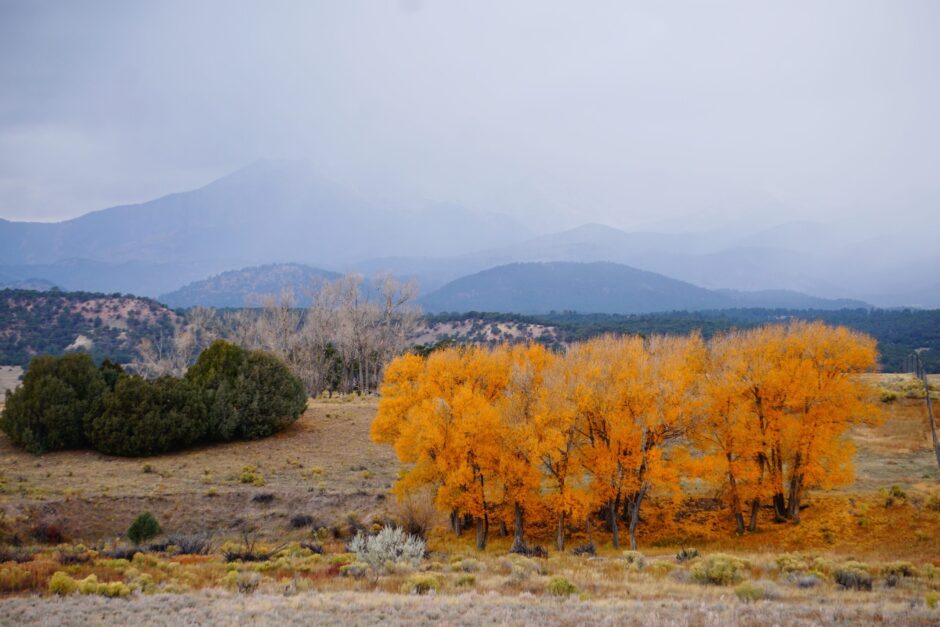I’m a fan of the concept of Peak Oil, even if I don’t know how valid the actuality of it is: In a nutshell, it makes sense to me that oil will eventually reach it’s peak, that is, the halfway point of production, and after that, we had better start coming up with an alternative energy source for the future, the sooner the better. But here’s the rub: Peak Oil experts/prognosticators assert we are at that point now, or very soon will be, and others say it’s all a bunch of hooey. The Peak Oil skeptics are largely Supply Side oil industry spokespeople or their pundits, who argue, in effect, “There’s no problem, and if there is, we’ll fix it.” When oil reached $4/gallon briefly, that fateful summer of 2007 before economic meltdown (and almost no one mentions how those two events were in lockstep), Peak Oil types had a convenient gas pump price to point to, and after the meltdown, so went the price of oil. Since then the Peak Oil argument has been largely silent. But like climate change, it still looms, and here’s an interesting little ditty I noticed in the small news print of our major webnews:
Essentially Alaskan oil reserves were just dropped by 9-10 billion barrels. This kind of fuzzy oil industry figuring (how high it was calculated to begin with) is just the kind of mis- or disinformation that warps our belief in the continuity of our energy future. Most oil-producing nations announce their own figure for oil reserves, and the more you can plausibly say you have, the more you can pump, and the more you can sell, the more money you make in the short term. In the long term, it will probably all be used, and the oil fields will be drained: Alaska is a good example. It’s one of the last great Supergiant fields discovered and utilized, only coming to fruition in the 1980s, and it’s already in steep decline.
The other recent development I’ve noticed is the reality of electric cars. They’re about to go on sale, and soon we’ll all be able to own one, with the Chevy Volt and the Nissan Leaf giving the Toyota Prius (a hybrid) a run for the money of market share. But electric cars only make sense for climate change enthusiasts (a small number, that, and with the caveat that only if the electricity is generated by some cleaner method than coal) and those who are trying to avoid high gas prices. My guess is that the auto companies now see something on the horizon that most of us are neglecting: Once the world economies wake up from their doldrums, the price of oil/gas will shoot up quite high. Will that vindicate the Peak Oil people? I still don’t know. But it’s another near-future issue that, like the mortgage crisis and downfall, is being ignored by our (fearful, greedy, corrupt) leaders.
The biggest myth in America is that of the Wise Business Leader. “Trust the market. They’ll save us. Business can fix the problem. Give it freedom, and the wise CEOs will do the smart thing.” It’s absolutely false. The leaders of various financial industries buried the country in the real estate boom/bust, all for short-term gain. It will happen again. A leading oil industry group predicted, back in the early 2000s, that the end of cheap oil would be 2010.
The next year or two will be interesting, to say the least.
